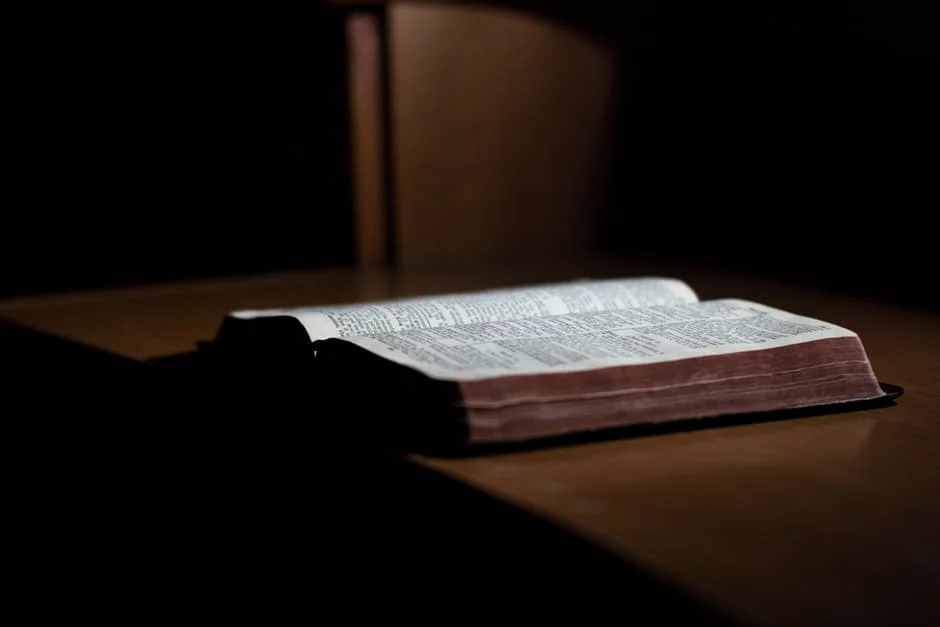Obediah II
But in Mount Zion there shall be those who escape, and it shall be holy, and the house of Jacob shall possess their own possessions. (Obadiah 1: 17 ESV)
Finding
I once lost a cherished pocket-knife… and found it. I once lost a friend… and found a way to restoration. I once lost a good book… and it was returned to me. I once lost my wallet… and found it. Ok, I do that a lot.
God’s people had lost their wealth, their temple and it’s beauty, and their land. Worst of all, the people of God lost their relationship with Jahweh, through their rebellion, stubbornness, and deafness. But God restores His people to Himself.
But only through Christ Jesus, the Messiah.
We are born lost. Adam’s sin, our community’s sins, our ancestral sins, and our own sins ensure that we would remain lost.
But God keeps His promise through Obadiah every day, through the Messiah.
The Messiah came to save the lost, yes. But also to return what we have lost.
Whatever we feel we have lost… in God we can find it.

